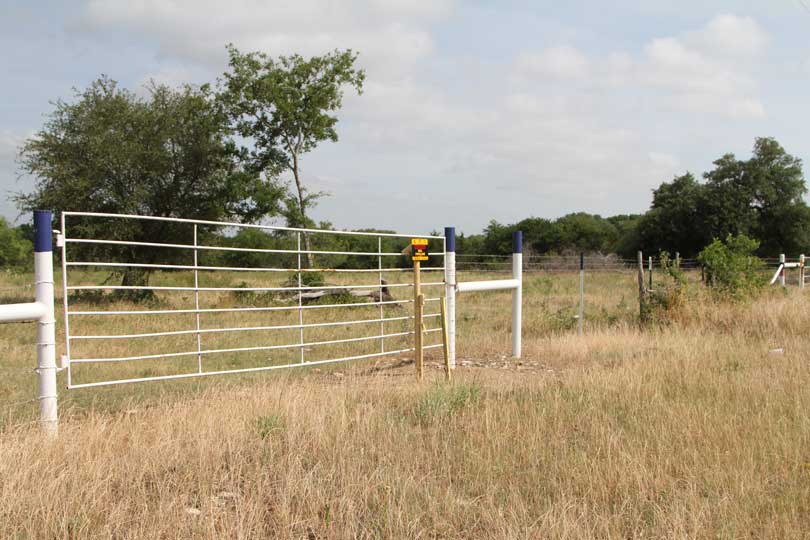By Jennifer Dorsett
Field Editor
Groundwater and surface water use interaction, property tax reform and pipeline surface remediation were among the topics discussed at Texas Farm Bureau (TFB) Policy Development meetings across the state.
Policy Development meetings are an integral part of creating the organizational road map for the following year, giving members the opportunity to surface and discuss potential policy updates.
“Texas Farm Bureau is founded on grassroots advocacy, and while our meetings looked a little different this year with COVID-19, we’re committed to making sure our policies still come from that grassroots, boots-on-the-ground membership base,” Brant Wilbourn, TFB associate director of Commodity and Regulatory Activities, said. “We utilized technology to make sure our member’s voices are heard, and as always, the topics discussed at these Policy Development meetings will help our members as they create policies that will be discussed at the annual meeting.”
Wilbourn noted 2020 brought about a record number of property tax valuation protests in Texas, partially because of COVID-19’s economic impact.
In Texas, properties must be appraised by Jan. 1, and appraisal notices are mailed out in April and May. But this year, March brought a global pandemic, forcing many businesses to close their doors and significantly increasing unemployment numbers.
Property owners find it difficult that property values have increased so much when many are struggling, Wilbourn said.
“Property taxes were brought up at nearly every district meeting,” he said. “Many landowners have issues with the way appraisal districts handle land valuations.
A high tax burden may force some property owners to sell off their land, which only exacerbates urban encroachment and other issues.”
During the meetings, it was apparent agricultural water use continues to come under attack.
“Conflicts between groundwater users and surface water right-holders is not a new issue,” Wilbourn said. “But groundwater is private property, and landowners have a right to use that property. That’s the law in Texas.”
There have been discussions of implementing incentive-based strategies to reduce groundwater usage, such as compensating groundwater users for reducing pumping, he said.
TFB members must decide whether to support those strategies.
Eminent domain reform, particularly surface remediation after development, remains a top issue faced by rural landowners.
“Often, entities with eminent domain authority fail to restore the easement area to its original condition,” Wilbourn said. “Some companies come in, dig down and install a pipeline, and leave a mess when they’re done. That’s unacceptable to the landowner, and that’s unacceptable to us as an organization supporting private property rights.”
Landowners can negotiate language in easement contracts requiring payments for damages not restored, but the path to receive remediation or cleanup is costly and time-consuming litigation.
TFB has policy to support utility companies carrying performance bonds to restore a landowner’s property to its previous state or as close to its previous state as reasonably possible, Wilbourn noted. But the organization does not currently have policy supporting the same treatment from major condemnors like common carrier pipelines.
Water use and water rights, issues in the cattle market and beef processing sector and COVID-19’s impact on agriculture were also discussed across the state.
Districts along the U.S.-Mexico border expressed concerns that Mexico is still not holding up its end of a long-standing water share agreement between the two nations, placing farmers there in a precarious position.
COVID-19 highlighted sources of tension in the U.S. beef supply chain, and members discussed concerns about price fixing and collusion, lack of competition and business practices among major meat packers. Members also discussed potential TFB policy to protect and encourage the continued operation of small and medium-sized processing facilities.
“We’ve heard some of these concerns before, but COVID-19 really highlighted some of those problems cattle ranchers, in particular, have faced in the supply chain,” he said.
County Farm Bureaus must submit policy resolutions that were adopted at their annual meeting to the state office by Oct. 23.
TFB policy proposals approved by county Farm Bureaus will be considered by the TFB Resolutions Committee in early November.
The committee’s recommendations will then be forwarded to the TFB Annual Meeting in December for consideration by the voting delegates.

